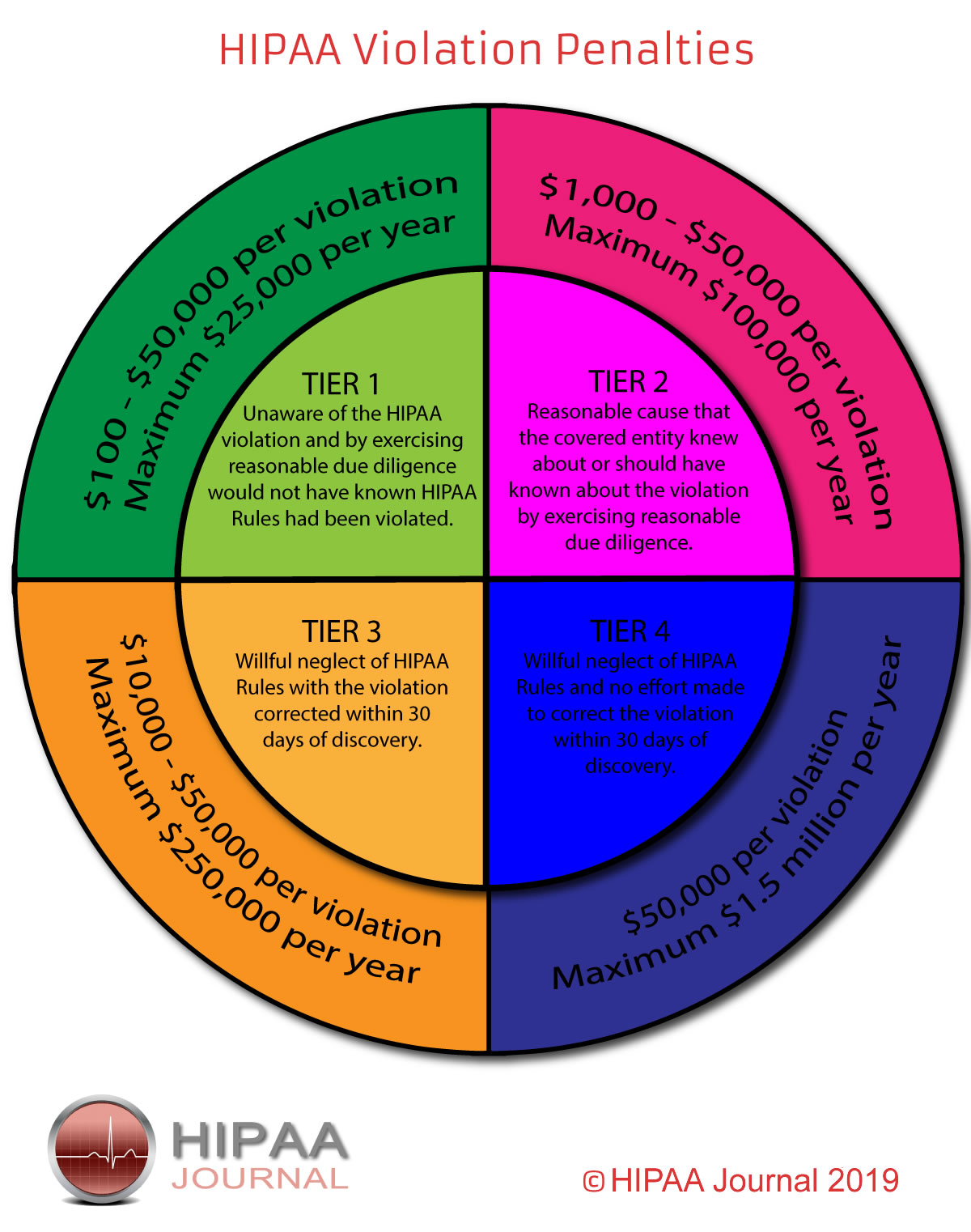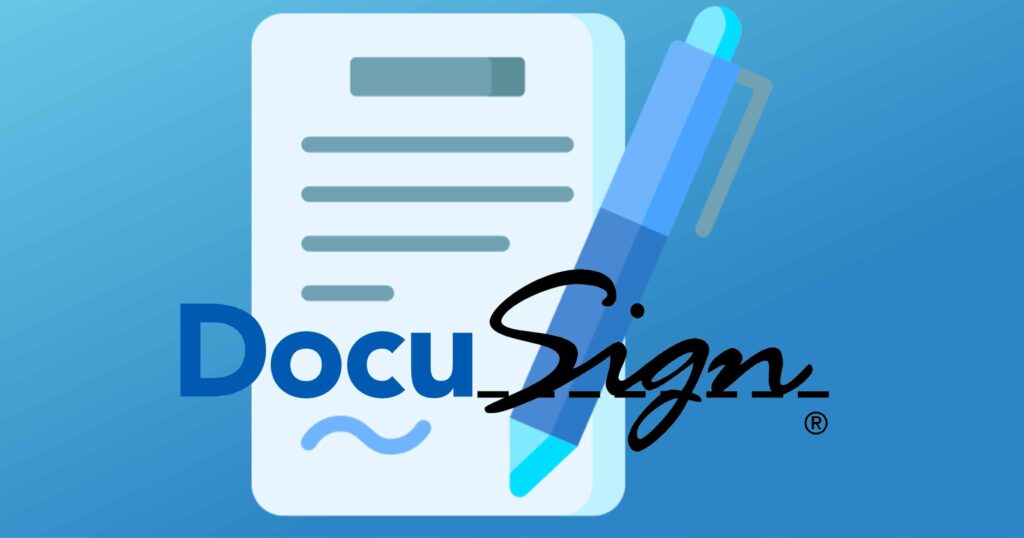The Health Insurance Portability and Accountability Act (HIPAA) of 1996 is one of the most important pieces of legislation in the United States. The law has changed the way healthcare organizations manage the privacy and security of patient data. It has also created a set of standards for the transmission of healthcare information. But what federal law made substantive changes to HIPAA?
The HIPAA Privacy Rule is a major part of the HIPAA legislation. It was enacted in 2003 and amended in 2013. This rule is essential for protecting the privacy of individuals and ensuring that their personal health information is kept secure. The HIPAA Privacy Rule requires healthcare organizations to have systems in place to protect patient data and to take steps to ensure that information is not used for unauthorized purposes. It also outlines the rights of individuals to access, correct, and amend their health information.
The Health Information Technology for Economic and Clinical Health (HITECH) Act was signed into law in 2009 and made significant changes to the HIPAA Privacy and Security Rules. HITECH expanded the scope of HIPAA and increased the fines for HIPAA violations. It also created stronger enforcement provisions, increased the rights of individuals to access their own health information, and required that certain health care providers and organizations provide notification of breaches of unsecured health information.

Introduction to HIPAA
The Health Insurance Portability and Accountability Act (HIPAA) is a federal law that was enacted in 1996. This law provides standards for the protection of health care information held by covered entities and their business associates. It also sets limits on the use of confidential health information, and sets out procedures for safeguarding it.
HIPAA is a comprehensive law that affects the way health care information is handled. It applies to all forms of health care delivery, including hospitals, doctors’ offices, health insurers, health care clearinghouses, and health care providers.
HIPAA Privacy Rule
The HIPAA Privacy Rule was the first major component of HIPAA to be implemented and it was designed to protect the privacy of patients’ health information. The Privacy Rule requires covered entities to take steps to ensure that health information is kept confidential and only disclosed for authorized purposes. The HIPAA Privacy Rule applies to all forms of health information, including electronic, paper, and oral communications.
The Privacy Rule also requires covered entities to provide patients with access to their health information and to provide patients with the opportunity to correct their health information if necessary. In addition, the Privacy Rule requires covered entities to provide patients with notices of their privacy rights and to provide training to their employees on how to properly use and disclose health information.
HIPAA Security Rule
The HIPAA Security Rule was the second major component of HIPAA to be implemented and it was designed to protect the security of electronic health information. The Security Rule requires covered entities to take steps to ensure that electronic health information is secure and only disclosed for authorized purposes. The Security Rule applies to all forms of electronic health information and requires covered entities to implement safeguards to protect the confidentiality and integrity of electronic health information.
The Security Rule also requires covered entities to provide patients with access to their electronic health information and to provide patients with the opportunity to correct their electronic health information if necessary. In addition, the Security Rule requires covered entities to provide patients with notices of their privacy rights and to provide training to their employees on how to properly use and disclose electronic health information.
HIPAA Enforcement Rule
The HIPAA Enforcement Rule was the third major component of HIPAA to be implemented and it was designed to ensure compliance with HIPAA rules and regulations. The Enforcement Rule requires covered entities to take steps to ensure that they are in compliance with HIPAA rules and regulations. The Enforcement Rule applies to all forms of health information and requires covered entities to implement policies and procedures to ensure compliance.
The Enforcement Rule also requires covered entities to provide patients with access to their health information and to provide patients with the opportunity to challenge any violations of their HIPAA rights. In addition, the Enforcement Rule requires covered entities to provide patients with notices of their privacy rights and to provide training to their employees on how to properly use and disclose health information.
Which Federal Law Made Substantive Changes to HIPAA?
The Health Information Technology for Economic and Clinical Health (HITECH) Act of 2009 was the federal law that made substantive changes to HIPAA. The HITECH Act amended HIPAA in several ways, including expanding the scope of the law to include business associates, strengthening the enforcement of HIPAA rules and regulations, and requiring the use of encryption to protect electronic health information.
The HITECH Act also established new requirements for the protection of health information, including the requirement for covered entities and their business associates to implement risk management plans and to conduct periodic security risk assessments. In addition, the HITECH Act mandated the implementation of breach notification requirements and established new penalties for HIPAA violations.
Frequently Asked Questions
HIPAA, the Health Insurance Portability and Accountability Act, is a federal law that sets standards for the protection of protected health information (PHI). It has undergone several changes since its initial enactment in 1996.
What is the federal law that made substantive changes to HIPAA?
The Health Information Technology for Economic and Clinical Health (HITECH) Act was the federal law that made substantive changes to HIPAA. Passed in 2009, the HITECH Act was part of the American Recovery and Reinvestment Act of 2009 and was designed to improve the use of electronic health records in the United States. The HITECH Act requires HIPAA-covered entities and their business associates to implement new policies, procedures, and controls to protect PHI. It also requires organizations to provide additional protections for individual’s rights to access and control their PHI. Finally, the HITECH Act also provides for tougher enforcement of HIPAA by increasing penalties for violations.
What are the increased penalties for HIPAA violations under the HITECH Act?
Under the HITECH Act, the penalties for HIPAA violations have been significantly increased. The HITECH Act provides for civil penalties of up to $1.5 million per violation for each calendar year, with a maximum penalty of $3 million for all violations of an identical provision in a single calendar year. For criminal penalties, the HITECH Act provides for fines of up to $250,000 and up to 10 years in prison. In addition, the HITECH Act requires organizations to notify individuals of certain breaches of their PHI and also requires organizations to notify the Secretary of Health and Human Services of such breaches.
What additional protections are provided to individual’s rights to access and control their PHI under the HITECH Act?
Under the HITECH Act, individuals are provided with additional protections to access and control their PHI. The HITECH Act provides individuals with the right to obtain a copy of their PHI in an electronically readable format, as well as the right to request a restriction on the use or disclosure of their PHI. Additionally, the HITECH Act also requires organizations to provide individuals with the right to receive an accounting of disclosures of their PHI. These additional rights are intended to provide individuals with greater control over their PHI.
What policies, procedures, and controls must be implemented by HIPAA-covered entities and their business associates?
Under the HITECH Act, HIPAA-covered entities and their business associates must implement new policies, procedures, and controls to protect PHI. These policies, procedures, and controls are intended to ensure that PHI is properly safeguarded and that individuals’ rights to access and control their PHI are respected. The policies, procedures, and controls must include measures to ensure the confidentiality, integrity, and availability of PHI, as well as measures to protect against unauthorized access, use, and disclosure. Additionally, the policies, procedures, and controls must also include measures to detect and respond to security incidents involving PHI.
What is the purpose of the HITECH Act?
The purpose of the HITECH Act is to improve the use of electronic health records in the United States. The HITECH Act requires covered entities and their business associates to implement new policies, procedures, and controls to protect PHI and to provide additional protections for individual’s rights to access and control their PHI. Additionally, the HITECH Act also provides for tougher enforcement of HIPAA by increasing penalties for violations. Finally, the HITECH Act also promotes the adoption of technology-enabled health care, such as telemedicine, and encourages the use of health information technology to improve the quality and efficiency of health care.

The Health Insurance Portability and Accountability Act of 1996 (HIPAA) has made significant changes to our healthcare system. It has strengthened the security and privacy of protected health information and created a new way of sharing information with healthcare providers, insurance companies, and other third parties. The HITECH Act of 2009 made further changes to HIPAA by increasing the scope of the law, adding new enforcement measures, and updating the security and privacy provisions.
With the enactment of the HITECH Act, HIPAA has become an even more powerful law. It provides better protection to patients and sets a high standard for how healthcare data must be handled. The HITECH Act also ensures that individuals have access to their own health data, and that their data is protected from unauthorized access. It is a crucial law that protects the rights of both patients and healthcare professionals.


